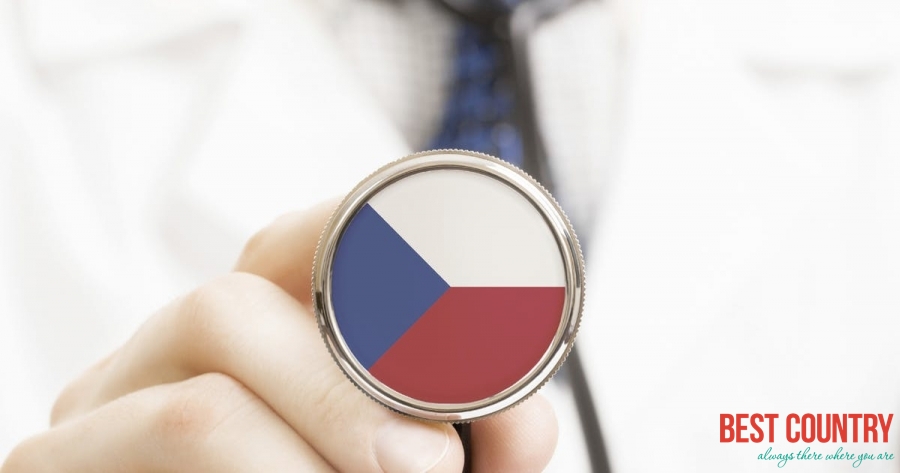Healthcare in the Czech Republic

The general level of health in the Czech Republic has improved a lot in recent years due to the government’s preventive health programs, which focus on immunisation, preventing cancer, smoking and regular health checks.
Home-based care here is lacking. There is little provision for nursing services and the relief of suffering for terminal patients at home. Doctors seldom make house calls.
The State Insurance System
Every citizen, with the exception of designated vulnerable groups, must make mandatory contributions to an approved Czech health insurance company.
The General Health Insurance Company (GHIC), known in the country as Vseobecna zdravotni pojistovna, is the largest and only state-controlled insurance company in the country and it covers the majority of people. The Ministry of Health defines the level of care that the GHIC must provide to its clients.
All Czech citizens, registered foreign residents and companies with a base in the country must make regular contributions. Students under 26, dependant children, old age pensioners and vulnerable groups like the disabled are exempt from payment. Some employers pay the full fee on behalf of their employees.
Foreigners who live in the Czech Republic but do not hold permanent residency cards or who are not employed or covered by a reciprocal agreement between their country and the Czech Republic, do not qualify for treatment under the state funded system, but they can join one of two contractual health insurance schemes provided by the General Health Insurance Company.
The Czech healthcare service is decentralised and operates more like a private medical insurance system. They pay their contributions directly to their health insurance company who in turn pay the treatment providers directly, so there is no need for a reimbursement service.
Doctors
You must be registered with a doctor to receive treatment. Citizens are free to register with the doctor of their choice, but the doctor must have a contract with your insurer.
Doctors sign contracts with insurance companies. The doctor informs the insurance company of any treatment he administers to its patients and the company pays the doctor directly for the treatment. Doctors pay is extremely low and many doctors supplement their salary with bribes from Western drug companies.
Private doctors do not have stable contracts with the Czech insurance companies and as a result tend to treat mainly foreign or wealthy Czech patients.
Specialist Doctors
Patients do not have to get a doctors referral to visit a specialist doctor.
Hospitals
Doctors are responsible for referring patients to hospital. General hospitals are located all over the country, but there are also a number of specialist hospitals for chronic illnesses, mental health, physiotherapeutic care, sanatoria for tuberculosis and respiratory illnesses.
Patients will be directed to the hospital, which can best treat their illness. Hospitals also have direct contracts with the insurance companies, so patients who are insured do not have to pay themselves.
Czech hospitals have pioneered many groundbreaking operations; the first robot- assisted surgery was performed here. It was the first country to use the Ampli Chip device, which determines if a drug is suitable for a patient and it was the first place to do a three-organ transplant from a single donor.
Accidents and Emergency Services
In urban areas emergency treatment, including emergency dental care can be obtained from special surgeries and hospital emergency departments.
Company Health Services
The Ministry of Health works together with employers to ensure that employees are educated and protected from poor health from work-related sickness and injury. Workplaces are regularly inspected to determine whether they provide a healthy and safe environment for employees. They also carry out medical examinations of employees.
Pharmaceutical Services
Medication and medical aids are available by prescription or over-the-counter from a network of chemists. Prescription medicine may be free or subsidised, if it is covered by the citizen’s private health insurer. Doctors can prescribe over 40,000 medicines.
Prescriptions in the Czech Republic have a short lifespan; emergency department prescriptions are valid for one day after the date of issue, prescriptions for antibiotics are valid for three days and all other prescriptions are valid for one week.
Inside the Czech pharmacy, there are two counters. One is for prescription drugs, whilst the other sells over-the-counter medicine.
The Commission of the Ministry of Health is responsible for classifying which drugs belong to each category. Pharmacists advise people purchasing over-the-counter medicines on dosage and possible side effects.